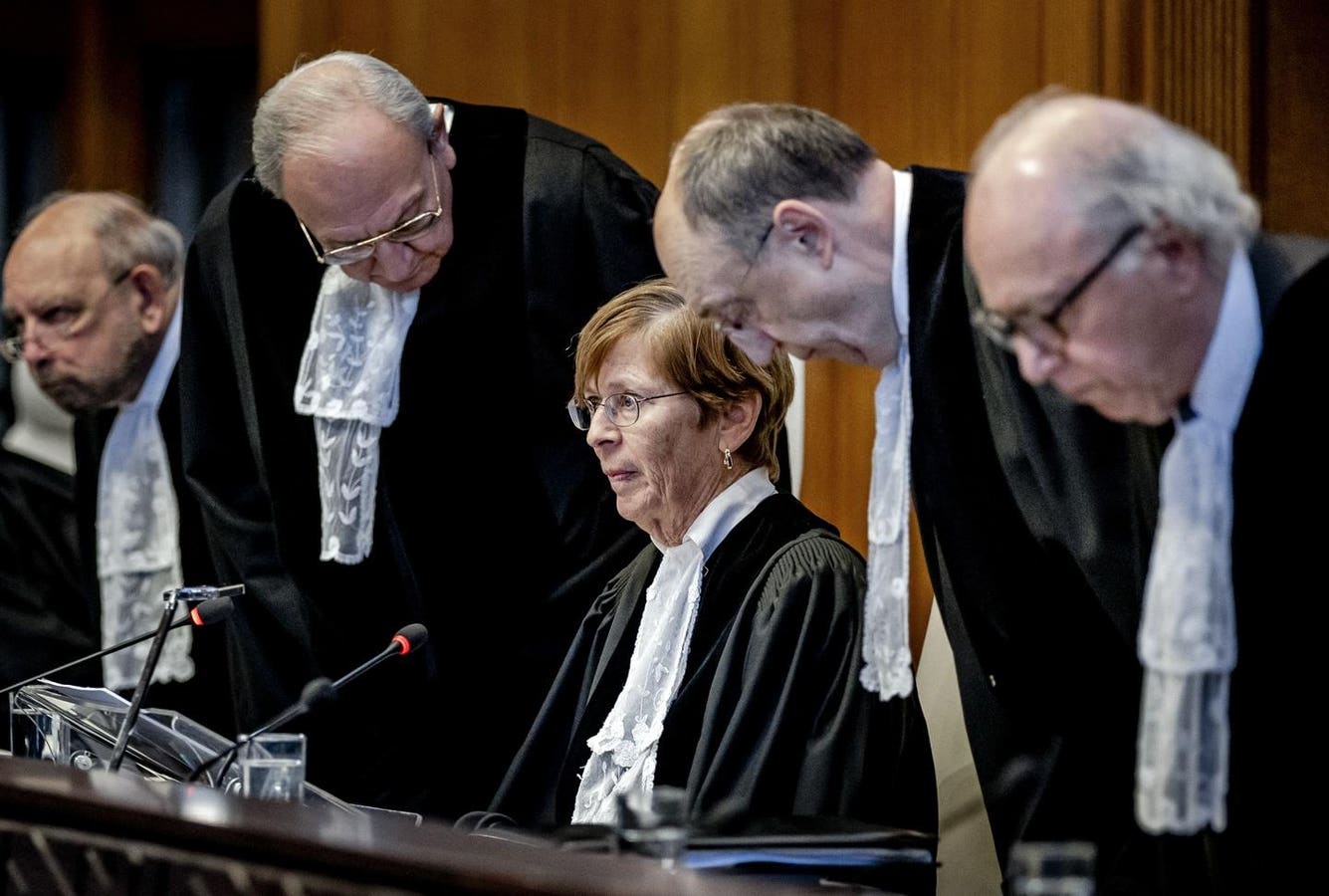The International Court of Justice’s decision to allow South Africa’s lawsuit against Israel over allegations of genocide to proceed has captivated the world. An interim decision in Ukraine’s lawsuit against Russia under the Genocide Convention this February garnered almost as much attention among international lawyers. The ICJ has only decided four cases involving the Genocide Convention in its history—and three of them have been in the past five years. These cases are reaching the ICJ due to a landmark decision in 2019. While the Court’s decision to allow more human rights cases to go forward is commendable, the Court’s rules now invite politicized lawsuits that may harm the Court’s legitimacy—and weaken international law.
In 2019, the tiny nation of the Gambia brought suit against Myanmar for genocide against the Rohingya people. The Gambia is 7,000 miles away from Myanmar and suffered no direct injury from the alleged genocide. To bring the lawsuit, the Gambia relied on a provision of the Genocide Convention known as erga omnes partes. This provision allows any state that is a party to the treaty to file a lawsuit against any other state party. The rationale behind this provision is that the right to be protected from genocide, and the obligation to protect others from genocide, is shared by all state parties to the Convention. The Court accepted the Gambia’s argument and allowed the case to go forward in 2020. Three years later, South Africa relied on the same provision as its basis for its lawsuit against Israel.
In 2022, shortly after Russia invaded, Ukraine also brought a Genocide Convention case against it in the ICJ. Ukraine used a different sort of novel legal argument to bring its case. Ukraine argued that Russia’s false allegations of genocide against Russian-speakers in the Donbas, and Russia’s use of these allegations as a pretext for invading Ukraine, amounted to a violation of the Genocide Convention. The Court also allowed Ukraine’s case to proceed.
In all three of these cases, the ICJ granted provisional measures against the state accused of genocide. Provisional measures can be likened to temporary injunctions in United States courts – with a huge and important difference. Both provisional measures and temporary injunctions are speedy orders by a court for a party to refrain from an action. Courts grant both in order to protect a right or preserve the status quo while a case is pending. However, the bar to receive a temporary injunction is very high: the party who requests one must show a likelihood of irreparable harm if the injunction is not granted, and that the filing party will be likely to succeed at the merits stage of the case. By contrast, the ICJ will grant provisional measures if the party requesting them can show a likelihood of irreparable harm and that its allegations are “plausible.”
For the ICJ, the decision to grant provisional measures is fairly simple. It is the Court’s job to protect human rights. In situations of armed conflict, filled with horrible scenes of death and destruction, it is not difficult to show a likelihood that there will be irreparable harm if the Court does not act. “Plausibility” is not difficult for most lawyers to argue—nor for the Court to accept. The Court would probably rather err on the side of protecting human rights than not granting provisional measures in genocide and other human rights cases. It can always throw out parts of the case later when it has had more time to deliberate. In Ukraine v. Russia, the Court did just that, rejecting Ukraine’s novel argument while allowing another part of its case to go forward.
As documented in my forthcoming article on how states assert power through the ICJ, the Court’s 2020 rule change, combined with the low bar for granting provisional measures, has the potential to change the history of the Court. The cases have raised the Court’s public profile and its importance as a method for enforcing human rights. Smaller or weaker states seeking to make a splash on the world stage can take advantage of these provisions to score a major legal and public relations victory against larger, stronger state parties. Moreover, the Court may choose to allow erga omnes partes claims in cases involving other treaties, including various human rights conventions and the UN Convention on the Law of the Sea. Time will tell whether the ICJ’s decision to open the floodgates to more cases means better protections of human rights or more politicized lawsuits by states. The latter could weaken the Court’s legitimacy and the integrity of international law.
Read the full article here





